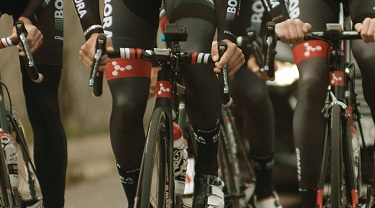The fees are based on the company’s credit rating, how long the coverage is needed and the amount they need to borrow. The fee is calculated on the guaranteed amount and that can be paid either up-front or in quarterly instalments by the bank.
It’s standard international business practice now for your customers to demand that you post a bond (performance bond, bid bond, contract bond, etc.) in the form of a letter of credit before they will do business with you. But getting your bank to post a letter of credit ties up your working capital. Less working capital means you can’t take on new contracts or invest in your business. So what’s the solution?
We asked Sophie Dumoulin-Mondoux, Director of Contract Insurance and Bonding at EDC, for her views.


